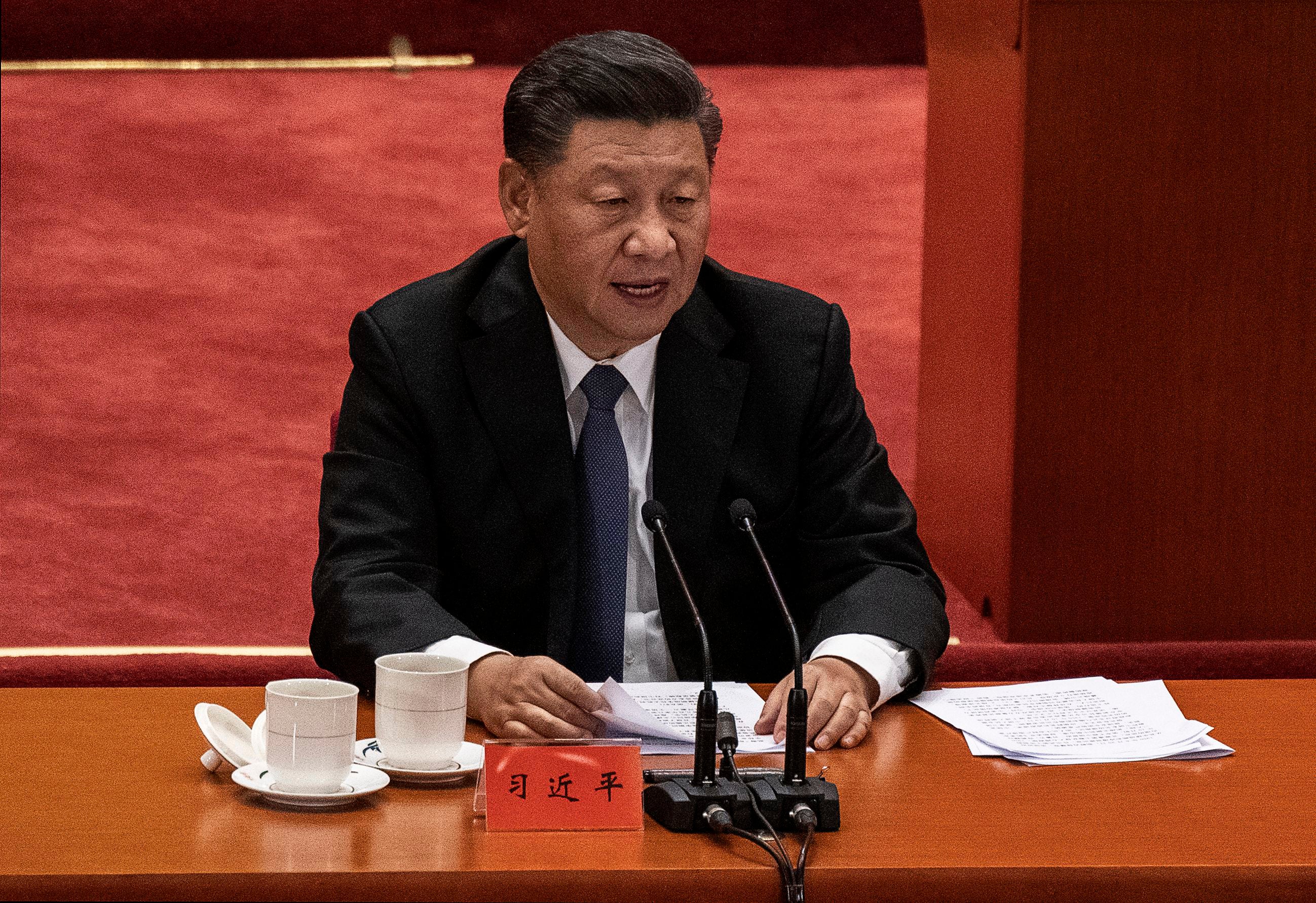China is quite right – the G7 countries cannot dictate to the rest of the world
The worry is that a G7 meeting encourages the illusion that the west is still in charge. It is not, writes Hamish McRae


China was less than delighted by the G7 meeting and you can see why. “The days when global decisions were dictated by a small group of countries are long gone,” the Chinese embassy in London said. “We always believe that countries, big or small, strong or weak, poor or rich, are equals, and that world affairs should be handled through consultation by all countries.”
China has a point. The G7 does account for only around 40 per cent of global GDP, though with the other invitees including India that nudges up to about half. But China is still the world’s most populous country (though soon to be overtaken by India) and is likely by the end of this decade to become the world’s largest economy, passing the US. And Russia, also not at the summit, controls the world’s largest landmass. As for the bit about equals – well, that is what diplomats are paid to say, isn’t it?
This G7 meeting will be remembered as one more step towards a bipolar world. There will be a sphere of American influence and there will be one of Chinese influence. At worse this heralds a new cold war, akin to that between the west and Russia. At best it is the start of a couple of decades of more explicit competition between China and the US, but with an adequate working relationship between the two giants.
For Europe this is awkward. Take Germany. It is a natural partner of the US, still defended by US troops. But last year China passed the US as its largest export market. So Germany will bend over backwards not to antagonise China. France and Italy are similarly ambivalent. Ultimately Europe cannot side with China against the US but it will seek to distance itself from some assets of American policy as far as it can. For the UK the choice is clearer. Given the tensions over Hong Kong we have no option but throw our lot in with the US as the junior partner of the New Atlantic Charter.
Maybe the best way to see how international competition will develop is to think of particular projects and issues. For example, the rest of the G7 will inevitably join with the US-led project to create a rival infrastructure plan to the Belt and Road Initiative, China’s plan to build better land links across Asia to Europe (the road), and better port facilities between China and Europe (the belt).
Viewed with a global perspective this is great. The world needs better infrastructure and if more railways in Africa and wind farms in Asia come of this then that is all to the good. There has been a lot of criticism of the Belt and Road for landing recipient countries with large debts for ill-conceived and badly executed projects. But viewed from China, here is another example of the west challenging its achievements.
Another example of G7 cooperation was their finance ministers agreeing a week earlier to the US-led idea of a 15 per cent minimum rate of corporation tax. This has been criticised as an inadequate step, but at least there was an agreement than can be built on in the future.
We will have to wait and see what in practice comes out of the G7 meeting in terms of action to curb climate change, but here China is right in that the decisions cannot be taken by this small group of countries. What happens in China, the Indian sub-continent, Africa and Latin America matters even more than what the US and the other G7 members do.
A worry and a hope. The worry is that a G7 meeting encourages the illusion that the west is still in charge. It is not. It is still very important and has technical leadership in many areas, but that importance will gradually wane. So Europe and America have to try to guide the transfer of authority towards Asia and Africa in a way that works best for the planet. But first we have to accept China’s point that we cannot dictate to the rest of the world.
My hope is that we can manage this rebalancing of power because it is so much in everyone’s self-interest to do so. Things like the infrastructure investment project and the work in rolling out vaccines to the world suggest we can. As for China and Russia, two guests not at the feast, they have to be brought back to the table.



Join our commenting forum
Join thought-provoking conversations, follow other Independent readers and see their replies
Comments